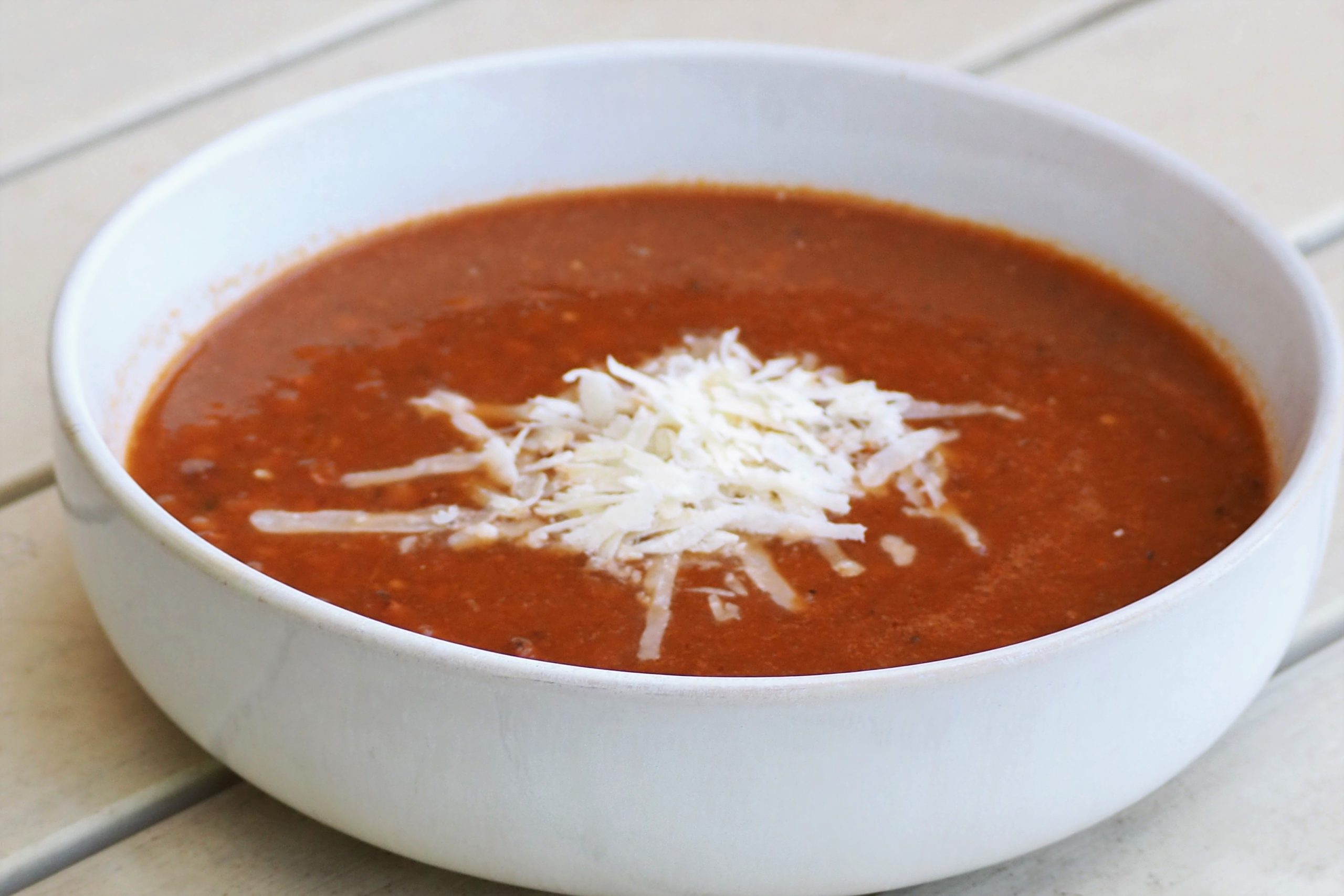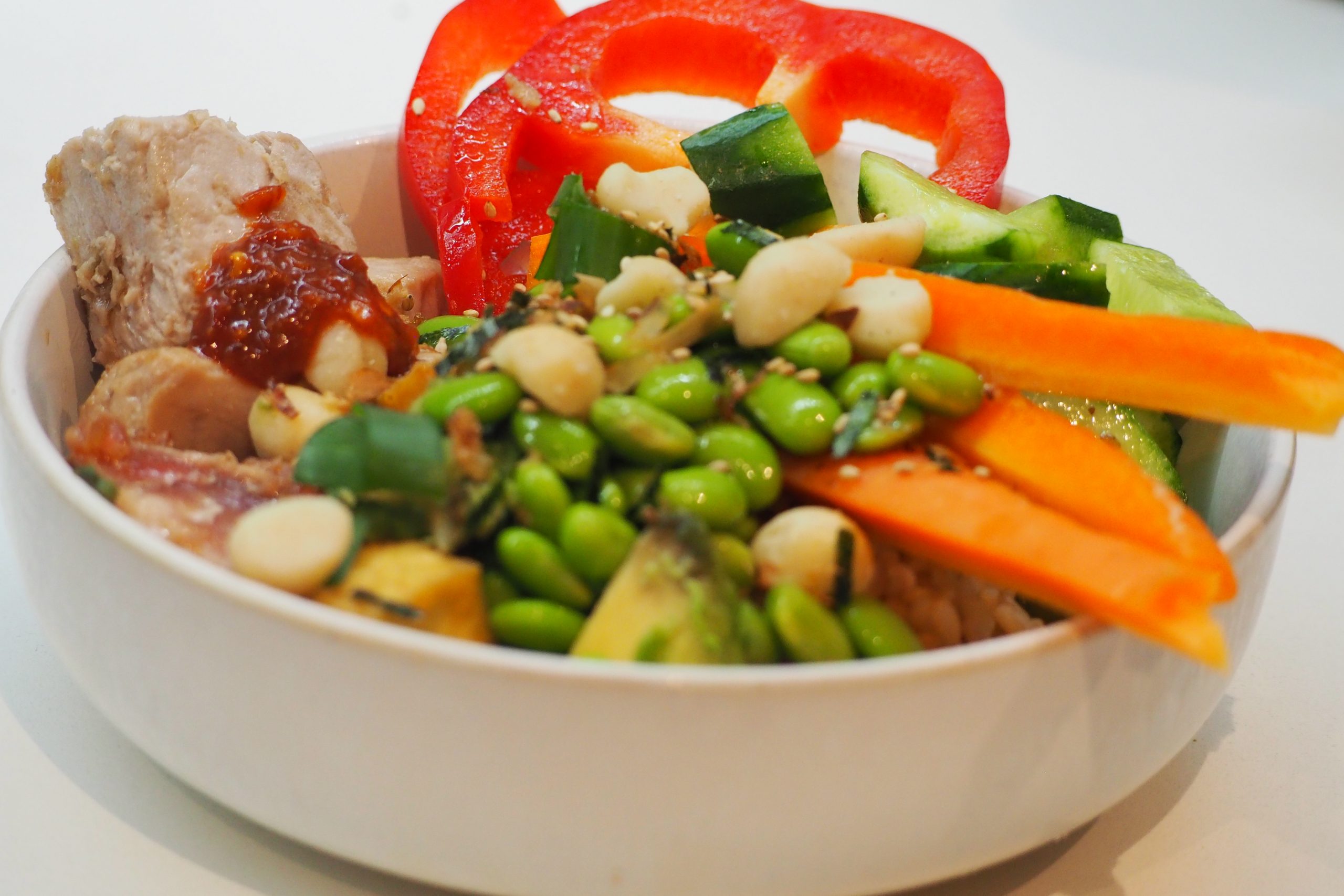Protein needs to be a focus nutrient for people with cancer. Cancer does take it out of you, along with the treatments, and surgery can place quite a bit of stress on the body. Enough and a better quality of protein can help increase the rate of tissue repair and boost the immune system, making recovery time quicker and easier.
In addition to eating regular bite-size bits of protein-rich foods throughout the day, it is better if you can include more of the higher quality protein sources. These are the ones with the most punch as higher quality protein foods provide more of the specific tissue building blocks or amino acids the body uses for growth and repair.
It is also important to know that if your energy budgets are not being met or if you are losing weight, the protein you eat will need to be put into the fuel tank and used as a basic energy source. This means the rate of growth and repair is generally sluggish.
During treatment, eat more of these types of protein (high biological value proteins which means the amino acid profile is a closer match to what the body needs more of at this time).
- Fish, poultry, lean red meat, eggs, dairy products, whey based protein (supplements)
- Other good protein sources, but which are not as high in their biological value scores are nuts and nut butters, dried beans, peas and lentils, and soy foods. These are good supplement protein foods.
How much protein needs to be eaten?
Generally, individuals with cancer who are are well should aim for around 1.2-1.4g of protein per kilogram of body weight. This would be around 90-105g /day of protein for a 75g person.
However, if you are in treatment, more active and trying to build muscle then you may need to increase your protein intakes up toward 1.4-1.8g/kg/body weight. At the upper end this would be around 135-135g of protein for the same 75kg person.
These broadbrush guidelines have been taken from published data on protein needs for healthy individuals, athletes and people who are experiencing illness or stress. All guidelines are best tailored to your individual needs.
A person who is cachexic and losing weight has a very challenging protein requirement of 1.8-2.0g/kg body weight. This can be more difficult to reach as often appetite is poor. This is when it might be easier to use supplements such as protein powders. The cheapest protein powder is skim milk powder and it is easy to add into most meals. Otherwise a whey protein powder would be suitable.
Foods providing approximately 10g of protein from both higher and lower quality types of protein.





